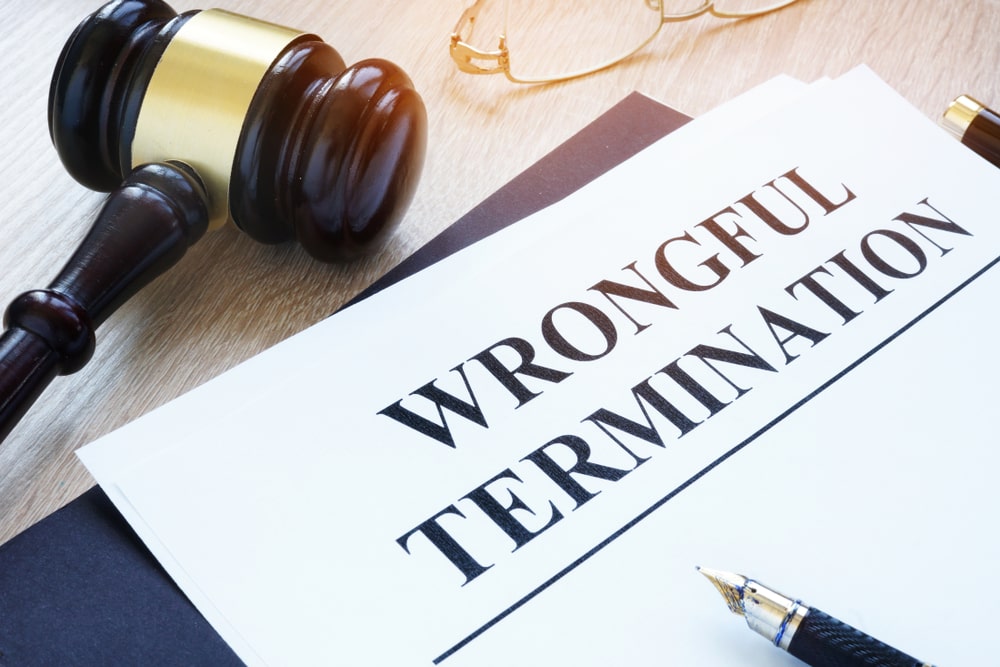Understanding Wrongful Termination
Wrongful termination occurs when an employer fires you without legal justification. Here are some common grounds for wrongful termination lawsuits:
- Discrimination: Being fired based on race, religion, gender, age, disability, or other protected characteristics.
- Retaliation: Being fired for complaining about discrimination, harassment, unsafe working conditions, or other illegal workplace practices.
- Violation of Public Policy: Being fired for refusing to participate in illegal activity or for exercising a legal right (e.g., filing for workers’ compensation).
- Breach of Contract: If you have an employment contract that outlines specific termination procedures and your employer breaches those procedures, you may have a case.
Steps to Consider Before Filing a Lawsuit
- Gather Evidence: Collect documents like your employment contract, performance reviews, emails, text messages, or any other documentation that supports your claim of wrongful termination.
- Consult an Employment Lawyer: Discuss your situation with an attorney specializing in wrongful termination. They can assess the merits of your case, advise you on the legal process, and represent you in court if necessary.
- Exhaust Internal Complaint Procedures: Many companies have internal grievance procedures. Following these procedures demonstrates your attempt to resolve the issue internally before resorting to a lawsuit.
- Consider Alternative Dispute Resolution (ADR): Mediation or arbitration can be faster and less expensive ways to resolve disputes than going to court.
Filing a Lawsuit
- File a Complaint: With your lawyer’s guidance, you will file a formal complaint with the court outlining the details of your termination, the legal basis for your claim, and the damages you are seeking (e.g., lost wages, benefits, emotional distress).
- Discovery: Both parties will have the opportunity to gather evidence through depositions, interrogatories, and document requests.
- Pre-Trial Motions: Either party may file motions with the court to dismiss the case, exclude certain evidence, or resolve specific legal issues before trial.
- Trial: If a settlement cannot be reached, the case will go to trial. A judge or jury will hear the evidence and issue a verdict.
- Judgment: The court will issue a judgment that outlines the outcome of the case, including any damages awarded to you.
Important Considerations
- Time Limits: Most states have statutes of limitations for filing wrongful termination lawsuits. Missing this deadline could bar you from bringing a claim.
- Costs: Lawsuits can be expensive. Attorney fees, court costs, and other litigation expenses can be significant. Discuss the potential costs with your lawyer upfront.
- Emotional Toll: Wrongful termination lawsuits can be stressful and emotionally draining. Be prepared for the emotional rollercoaster that can accompany litigation.
Finding the Right Lawyer
- Experience: Seek an employment lawyer with a proven track record of success in wrongful termination cases.
- Specialization: Some lawyers specialize in specific areas of employment law. Choose an attorney with experience in cases similar to yours.
- Communication Style: Find a lawyer who is responsive to your questions and concerns, and explains complex legal matters in a clear and understandable way.
- Cost Transparency: Discuss fees upfront and understand their billing structure.

